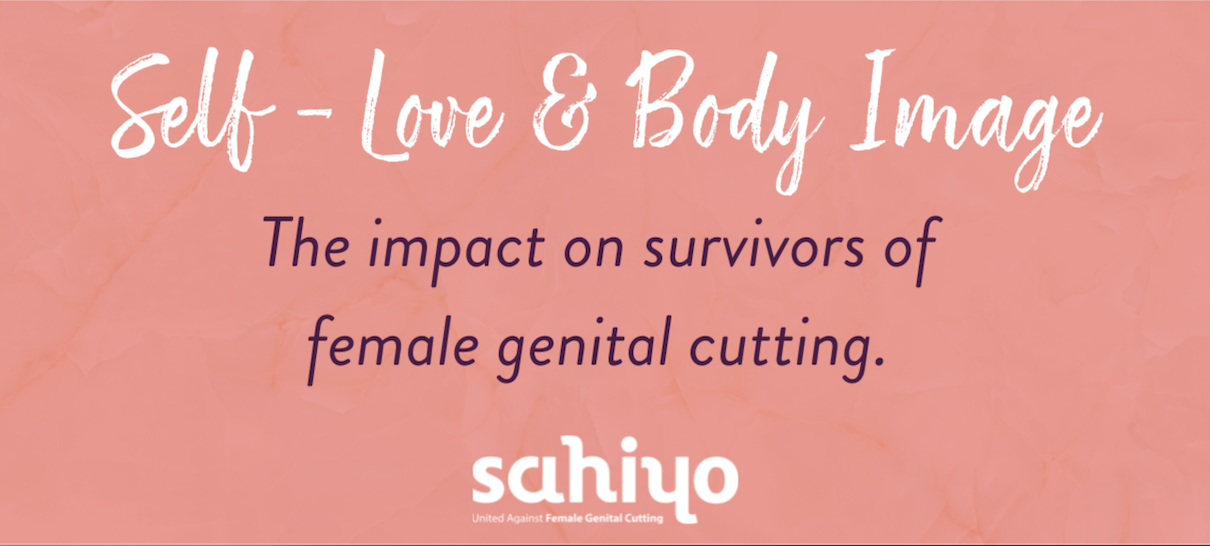By Trisha Kini
Body image, which is closely tied to mental health and general wellbeing, refers to the way one perceives their body and the positive, negative, and/or neutral feelings that arise from that perception. Whether it is in relation to skin, hair, or the shape/size of a body part, body image influences people in different ways. Oftentimes, body image has an impact on self-acceptance, self-love, and self-esteem (Canadian Mental Health Association, BC Division, 2015).
Beauty standards, which can be shaped by society, our peers, friends, and family, are some of the largest driving factors for the expectations we see for body image today. The beauty standards we observe in films and media that are closely tied with ethnicity, race, body shape, and other features influence viewers to believe that those are the features a human should possess to be attractive and desirable. These expectations have changed over time with ever evolving movies, television shows, magazines, and social media. Today, these standards are often unrealistic, and cause many people to struggle with body image.
Although struggling with one's perception of their body may not be uncommon, it can be detrimental to one’s identity, growth, and mental health. In this blog post, we will explore how body image can impact survivors of female genital cutting (FGC), and provide resources on how to navigate conversations related to body image, self-love, and FGC.
Lena describes her experience with FGM/C and the shame she felt
FGC survivors can be impacted by body image
It is imperative to acknowledge that survivors of FGC are impacted by body image in ways that non-survivors may not be able to relate to. Body image, and the negative feelings that arise, can also prevent survivors of FGC from seeking medical care due to stigmatization associated with female genitalia, as well as women’s and gender non-conforming, non-binary individuals’ bodies. This impact can deter survivors from enthusiastically seeking healthcare or trusting their health provider. Additionally, survivors of FGC may struggle with body image in a way that also impacts sexual activity.
Centering survivors in conversations related to body image
When talking with survivors about body image, it is important to center survivors in the conversation. Listening, and reflecting on their feelings with regard to their experiences with body image can allow more space for survivors to feel heard and validated. Keeping in mind that everyone’s relationship with their bodies differs based on their life experiences can be helpful when navigating conversations surrounding body image, self-love, and acceptance. Expressing your appreciation for their trust in sharing, and encouraging their growth and journey in understanding their relationship with themselves can also be validating and allow the person sharing to feel more comfortable with expressing their feelings.
Learn more
To learn more about seeking support and supporting survivors of FGC, we have included several resources below. We hope to elevate more conversations about self-love, and encourage our community to share these resources and talk more about the measures and steps you take to practice self-love, self-care, and body positivity.
Resources on how to Support FGC Survivors:
- United Against Female Genital Cutting - Sahiyo Resources
- Sahiyo - United Against Female Genital Cutting - Survivor Support Resources
- Sahiyo - United Against Female Genital Cutting - FGC Survivor Support Line
- Voices to End FGM/C Website
Non-Sahiyo Resources:
- Survivor Mental Health Support Group
- About FGC and Mental Health
- U.S. Network to End FGM/C Resources

